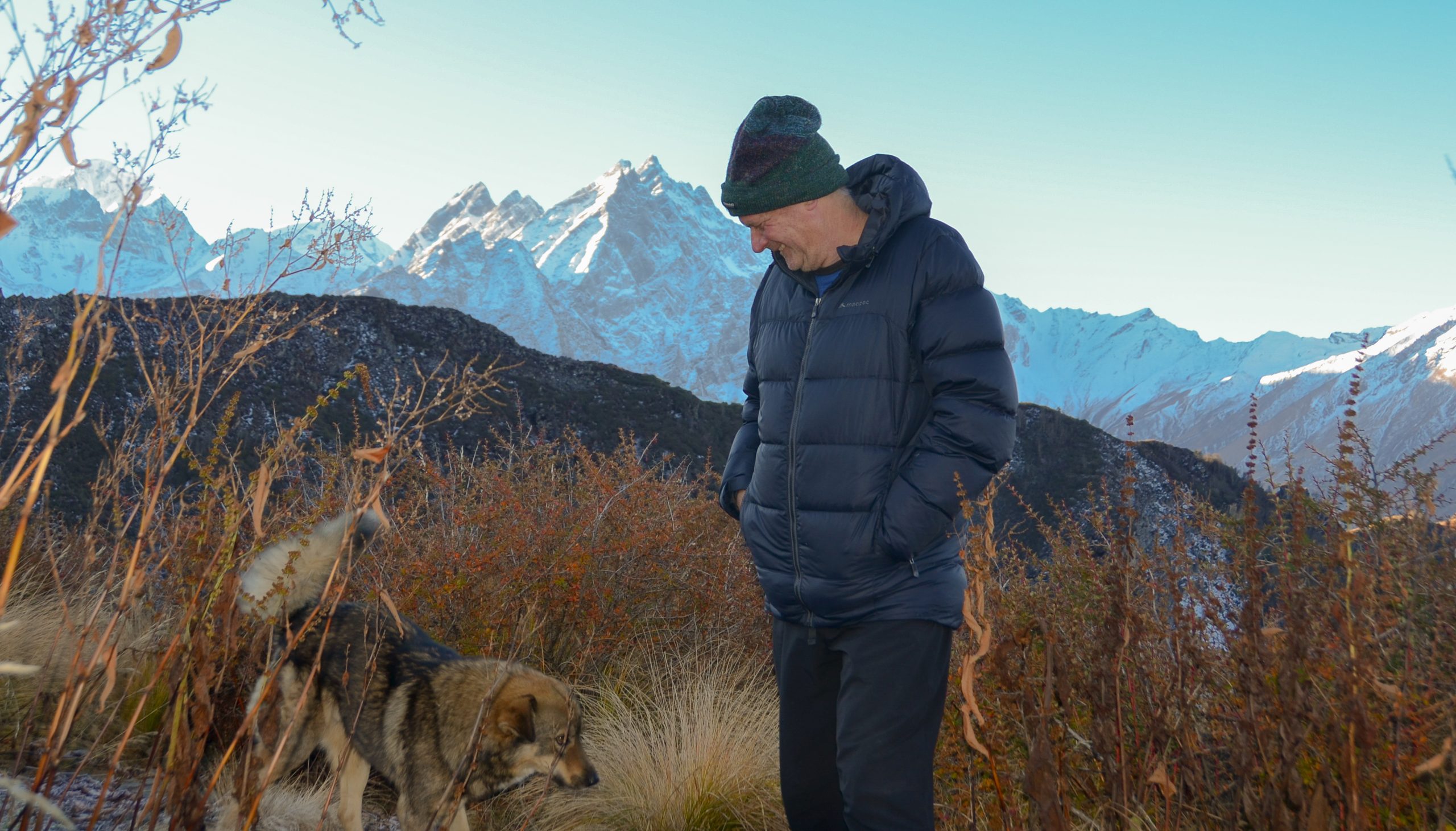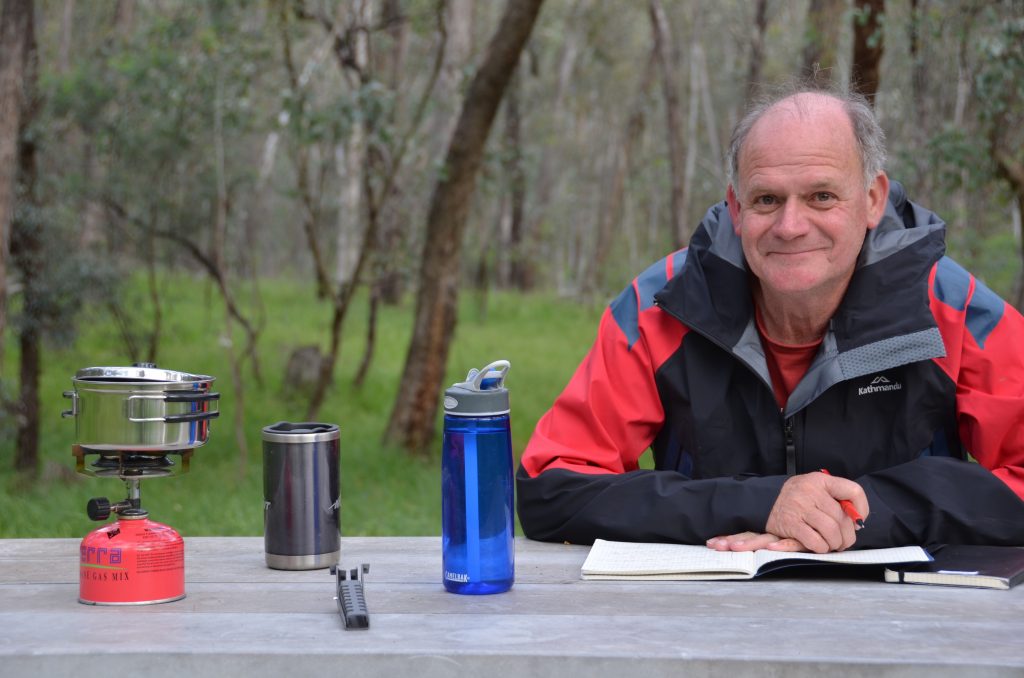
Brian
I still have vivid memories of when I was nine, perhaps ten, being with my father as he travelled to some of the fantastic landscapes of northeast Victoria in Australia. Travelling, learning about the landscapes and listening to discussions with people about their work, landscapes, communities and hopes for the future made a big impression. I didn’t realise the significance of this until later in my life.
But the significance did emerge – through university studies, my professional work, teaching in various universities and being ‘out there’. I’ve been fortunate to have understood more about rural landscapes and the people who live in them – mostly from those who live in them.
This combined with being a walker, cyclist, canoeist and camper for a long time – long enough to remember the pain of walking with external frame rucksacks. When I first discovered hiking (bushwalking, tramping, trekking) I embraced the maps and the ideas of getting from Point A to Point B. I’d walk, camp, walk again to the next point and repeat. I was walking through amazing landscapes and layering sights, sounds and smells of the mountains, forests, national parks and world heritage areas I’d visit.
But something important happened as my studies and professional life led to understanding more about the complex intersection of landscapes, communities and travel. I realised that we need to do more than travel through a landscape. We may still aim to get from Point A to Point B but as travellers within landscapes our experiences are framed by reflecting on the landscapes, how they fit into broader stories of sustainability and human use and how we, as travellers, can make a contribution to sustaining them and the communities who are part of them.
By travelling within a landscape, we have conversations with these spaces that are shaped by human activity and also with the humans that have been shaped by these landscapes.
As my conversations with communities and their landscapes occurred around the world, I began to focus on the ways landscapes get protected and the benefits and the costs this can have for communities. As I understood more about this, our own roles as travellers came into sharper focus and I began to ask myself some questions: How can we travel within landscapes, so that we understand more about landscapes, communities and our roles in sustaining both? As travellers, what do we need to understand about travel and our own approaches to travel, to be able to contribute to protecting landscapes and their communities? My attempts at trying to resolve these questions in my professional life and my own travels have led very specifically to LoST.
Come and join me. You can get in touch/stay in touch via the links below or get to know more about me by going to my site at BRIAN FURZE

